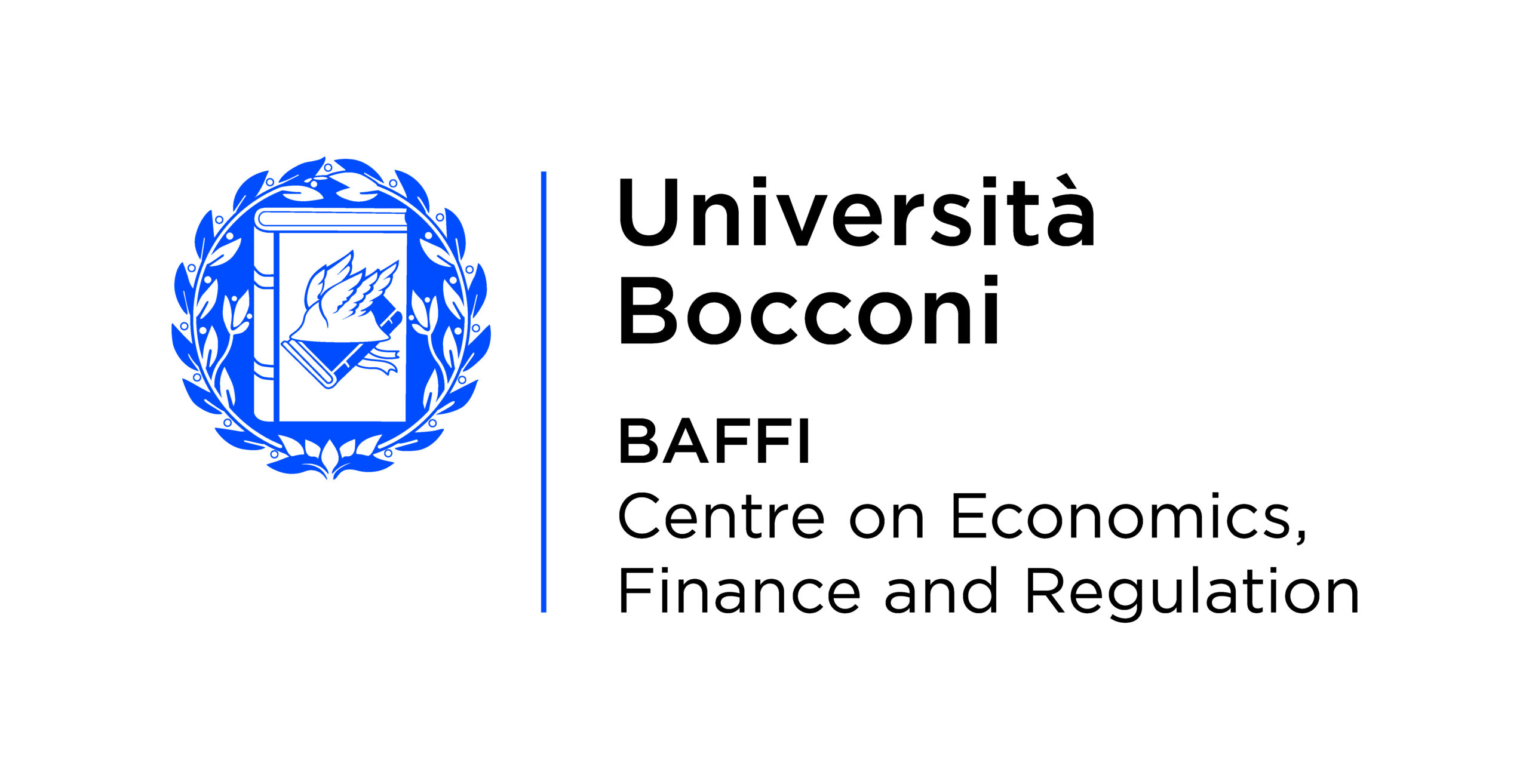

Webex
16:00-17:15 CET

The euro has survived crises unimagined at its founding: the financial meltdown of 2007–2009, the sovereign debt crisis of 2010–2012, the pandemic, and the Russian invasion of Ukraine. The ECB fought these crises with far-reaching policy innovations, buying up sizable amounts of – mostly government – debt and providing large loans to banks. This has raised expectations that the ECB will intervene routinely. Crisis Cycle recounts this history and offers recommendations for restoring a durable monetary union. The ECB was founded with a narrow mandate: to use interest rates to pursue price stability, while being prohibited to finance government deficits. Debt and deficit rules were intended to keep countries from becoming over-indebted, and thus to endanger monetary stability. The ECB’s emergency measures created negative incentives weakening fiscal discipline. How can the euro area avoid repeated and ever-increasing bailouts? The authors argue that Europe needs a joint fiscal institution that can provide temporary help to sovereigns, a resolution mechanism so sovereign default as a motivating possibility, and bank reform ensuring that sovereign default will not bring down the financial system. The book shows how to restore the euro’s ambitious and effective founding framework. The unique group of authors combine extensive policy experience and authoritative academic credentials.
This SUERF BAFFI Bocconi – Meet the Author webinar marks the publication of John H. Cochrane, Luis Garicano, and Klaus Masuch new book Crisis Cycle: Challenges, Evolution, and Future of the Euro.
Book Presentation
John Cochrane, Senior Fellow, Hoover Institution · Stanford University